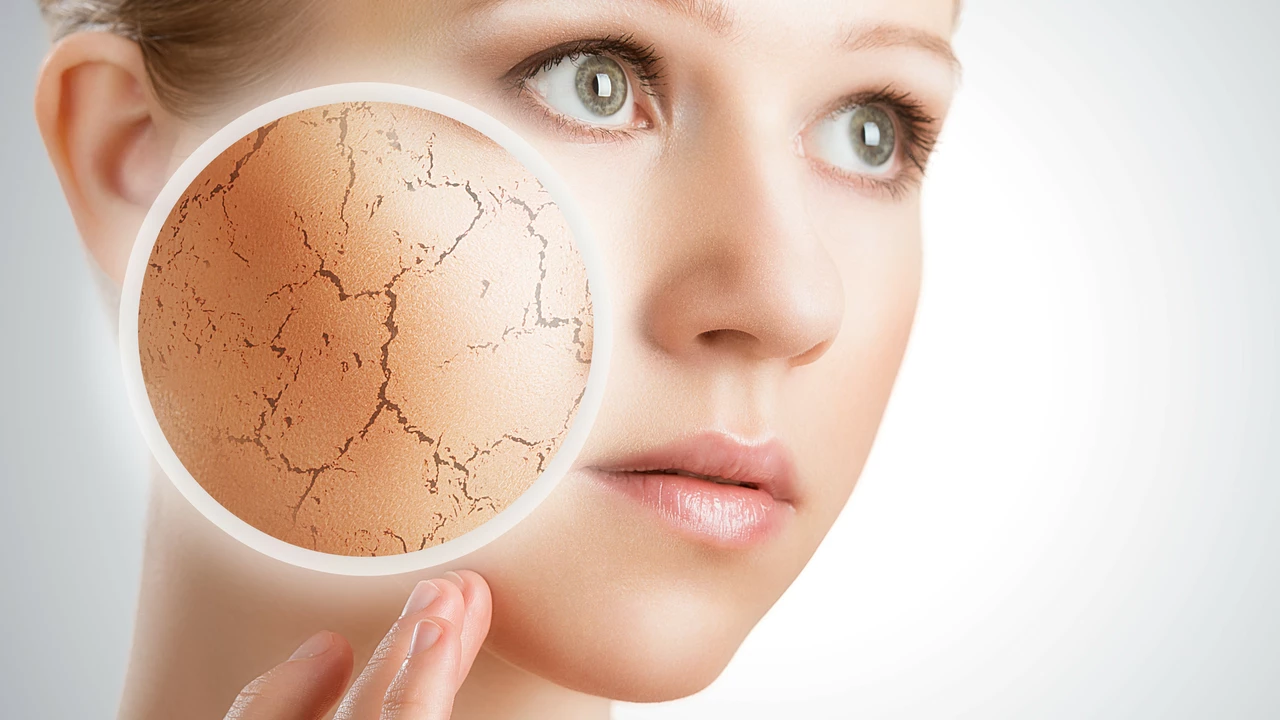Alright, friends, let's dive into the deep end of the estrogen pool and splash around some skin health knowledge. First off, estrogen doesn't make your skin greasy like a fast-food fryer, but it actually helps keep it plump and youthful. And no, too much estrogen won't make you grow a second head, but it can indeed impact skin health. The magical hormone can also help heal wounds, so it's like your skin's very own superhero. In short, estrogen may be the secret sauce to radiant skin, so let's debunk those myths and misconceptions, one skincare routine at a time!
Debunking Myths About Meds and Supplements
Heard that "natural" always means safe or that you can mix any antibiotic with alcohol? Those are the exact kinds of myths that cost time, money, and sometimes health. This page collects straightforward, practical takes on common misconceptions about medications, supplements, and online pharmacies so you can make better decisions fast.
How to spot a medical myth
Start with the source. If a claim comes from a single Reddit post, a flashy ad, or a social media influencer without medical credentials — treat it cautiously. Good sources list the drug name, dosage, side effects, and credible references. If you can’t find that info, ask a pharmacist.
Watch for these red flags: absolute promises (“this cures X”), anecdotes presented as proof, or vendors who pressure you to buy now. Also check whether the story confuses correlation and cause — for example, a supplement that someone used while also changing diet and exercise may get credit it didn’t earn.
Next, check practicality: does the claim ignore dosing, interactions, or age-related risks? Many myths gloss over those details because nuance hurts a headline.
Quick safety steps when buying or using meds
If you buy medicine online, confirm the pharmacy is licensed, requires a prescription when appropriate, and lists a real address and phone number. For antibiotics like azithromycin (Zithromax) or cephalosporins (Ceftin), avoid sites that promise no prescription and low prices with no questions. Those are often counterfeit or unsafe.
When trying supplements, remember "natural" doesn’t equal harmless. Herbs like ephedra can act like drugs and cause real side effects. If a supplement claims to perform like a prescription drug (for asthma, acne, or anxiety), pause and ask your clinician before trying it.
Side-effect myths are common. For example, Accutane (isotretinoin) brings real risks and monitoring needs, but the rumor that it always causes permanent harm is exaggerated. Proper medical oversight dramatically lowers risk.
Alcohol with antibiotics: most antibiotics don’t cause a dangerous reaction with moderate alcohol, but some — like metronidazole or tinidazole — can cause severe nausea, flushing, and rapid heart rate. Don’t assume safety; check the specific drug.
Want a fast checklist? 1) Who says this and why should you trust them? 2) Is the claim specific (drug name, dose, timing)? 3) Are side effects and interactions listed? 4) Can a pharmacist or clinician confirm it?
We publish practical articles that dig into these questions — from buying Zithromax and esomeprazole safely online to comparing herbal bronchodilators with Ventolin, and the real risks of isotretinoin. Use those pieces to get focused, real-world advice instead of hype.
Got a rumor you want checked? Send it our way. We’ll examine the claim, point to reliable facts, and tell you what a safe next step looks like.

